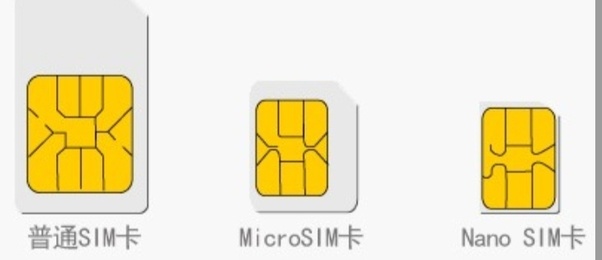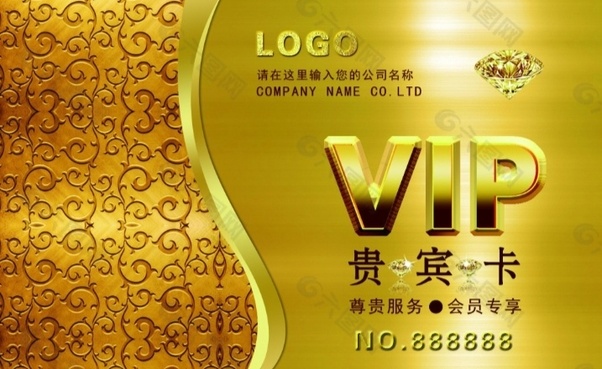Well, I am a Mandarin speaker, so I just offer my view about this topic with regard to Mandarin. Words or phrases in English are usually translated into Chinese. And the translated version of many words or phrases in English are used in the Chinese language.
However, there is a category called acronym, whose some well-known examples are usually kept in this form in the Chinese language as well, for instance, ATM, DIY, GPS, SIM and VIP.
ATM is short for Automated Teller Machine, which is written as 自动柜员机 or 自动提款机 in Chinese. Here is a picture showing an ATM of ICBC, which is short for Industrial and Commercial Bank of China, or 中国工商银行 in Chinese.

DIY is short for Do It Yourself, which is written as 自己动手做 in Chinese. Here is a picture showing these three letters DIY in a poster. 蛋糕 DIY literally means cakes DIY.

GPS is short for Global Positioning System, which is written as 全球定位系统 in Chinese. Here is a picture showing these three letters GPS in an advertisement.

SIM is short for Subscriber Identity Module, which is written as 用户识别卡 in Chinese. Here is a picture showing three different kinds of SIM cards, i.e., ordinary SIM card, Micro SIM card and Nano SIM card.

VIP is short for a very important person, which could be written as 非常重要人物, or 高级会员, or 贵宾 in Chinese. And this acronym is often seen in the Chinese society. Here is a card showing these three letters, VIP.
